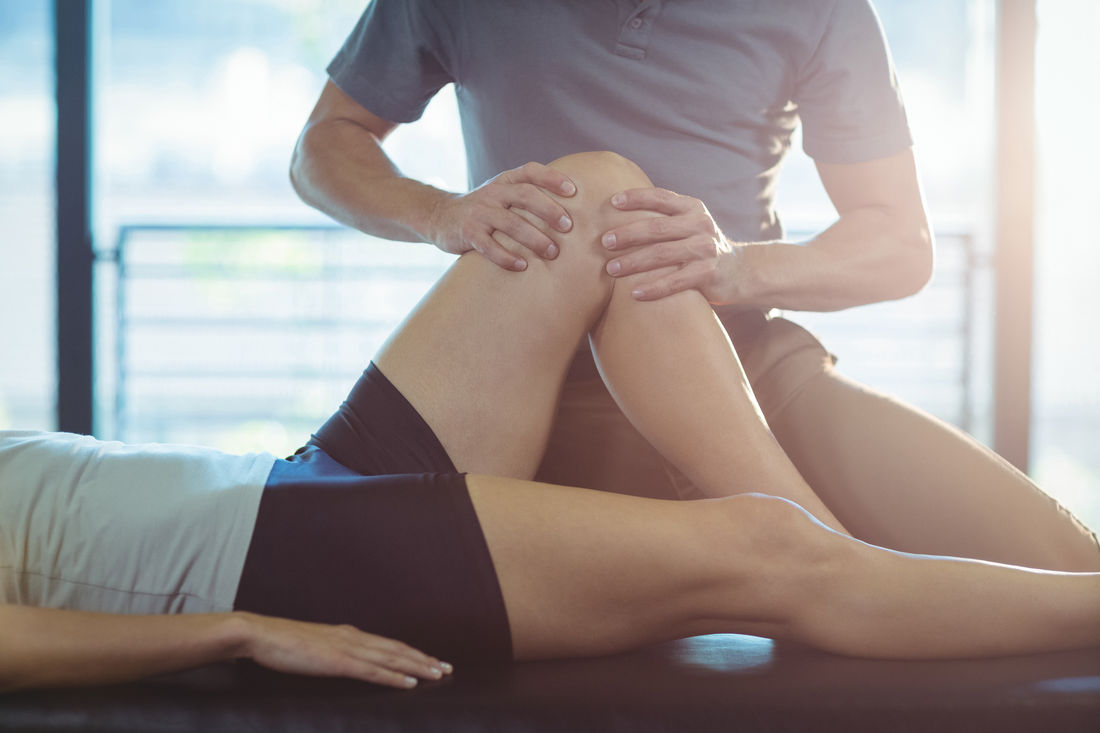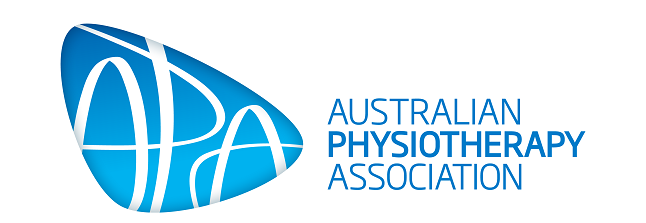


 |
 |
This is the most common type of physiotherapy which involves treating injuries that are encountered in everyday life. This includes:
A large proportion of musculoskeletal injuries can occur without a preceding event or cause and occur slowly overtime. It is the physio's job to, not only treat the pain, but also to determine what caused this injury and how to prevent it happening again. This may involve strengthening weak muscles stretching tight muscles/joints, retraining posture etc...
A sports physiotherapist is a specialist in all things to do with sports injuries. This includes:
The types of injuries treated include:
The goal of treatment and rehabilitation is to return you to the sports field as quickly and as safely as possible with strategies that prevent injury recurrence.
Pregnancy comes with a number of challenges, including joint and muscle pain. The most common areas of pain during pregnancy are:
This can be caused for a variety of reasons including increased joint loosness (laxity) due to hormonal changes, changes in body composition as the baby grows, weakness through the deep abdominals and pelvic floor mucles, weakness around the lower back and hip muscles ect.
After pregnancy it is also common to develop:
Your physiotherapist will guide you through a tailored treatment plan which may include:
Use our booking portal below to arrange your physio appointment and begin your recovery!